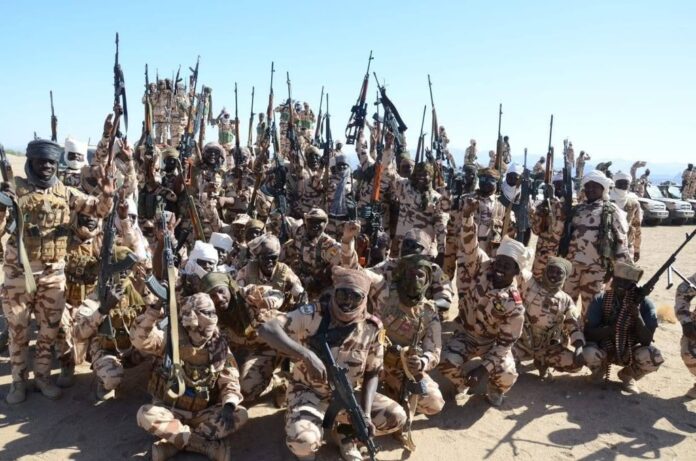The Christian Association of Nigeria (CAN) has strongly refuted recent allegations by some Western commentators suggesting an ongoing “Christian genocide” in the country, describing the claims as baseless, misleading, and detached from the realities on the ground.
The rebuttal follows remarks by U.S. talk show host Bill Maher, who alleged that over 100,000 Christians have been killed and 18,000 churches destroyed by Islamist extremists since 2009 — a claim he likened to “a genocide attempt greater than what is going on in Gaza.”
In a similar tone, U.S. Senator Ted Cruz accused Nigerian officials of “ignoring and even facilitating” attacks on Christians, while introducing a bill — the Nigeria Religious Freedom Accountability Act — seeking sanctions against Nigerian authorities allegedly complicit in such violence. Also, U.S. Congressman Riley Moore reportedly called for Nigeria to be designated a “Country of Particular Concern,” urging Washington to suspend arms sales over alleged persecution of Christians.
Reacting, CAN’s Director of National Issues and Social Welfare, Abimbola Ayuba, dismissed the assertions as distorted narratives pushed by foreign interests. He explained that while Nigeria continues to grapple with widespread violence, the pattern of killings across the country does not reflect a religious motive.
> “Empirical facts show that both Christians and Muslims have suffered from terrorism and banditry,” Ayuba said. “In some regions like Benue, it may appear as though Christians are the main targets, but the same insurgency has claimed the lives of many Muslims — some even during early morning prayers.”
He described the ongoing violence as a national tragedy, not a faith-based conflict, stressing that “bullets from terrorists do not look for Christians or spare Muslims.”
Ayuba further warned against what he termed the exploitation of Nigeria’s insecurity by groups with foreign political interests, saying such narratives often serve external agendas rather than help resolve local challenges.
“Instead of seeking sympathy abroad, we should strengthen our national institutions. When foreign powers blacklist Nigeria, it affects us all,” he added.
The Presidency had earlier dismissed similar genocide allegations, emphasizing that the country’s security crisis stems from terrorism, banditry, and criminality — not from any religious persecution.




